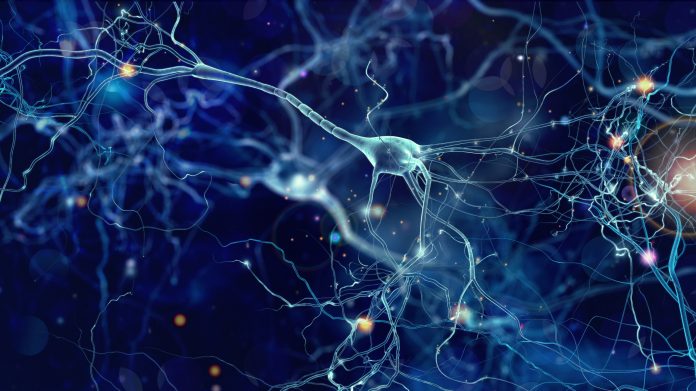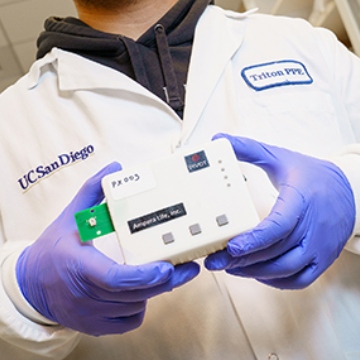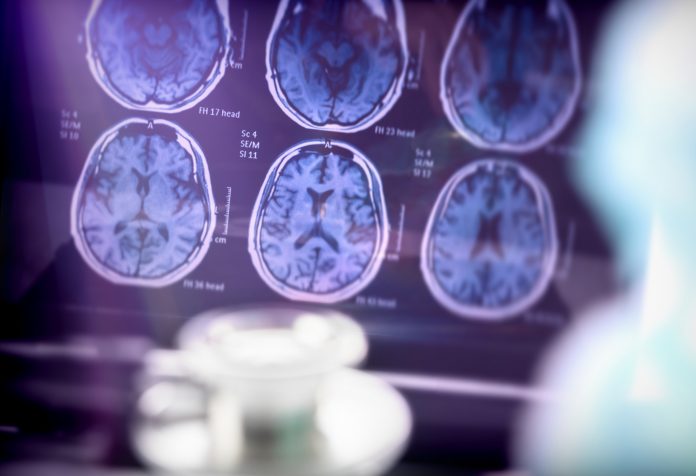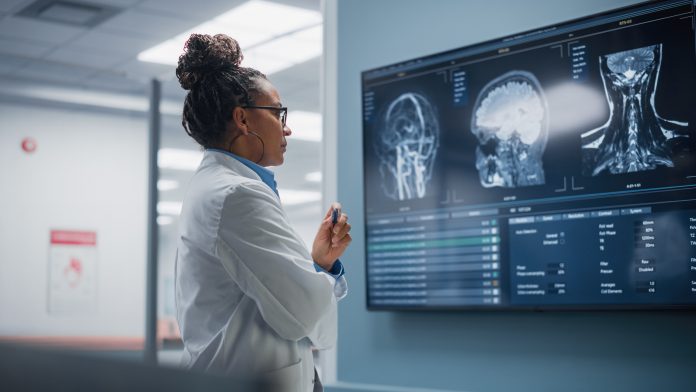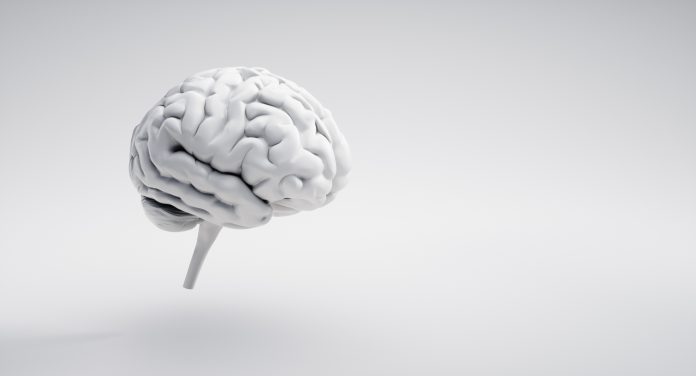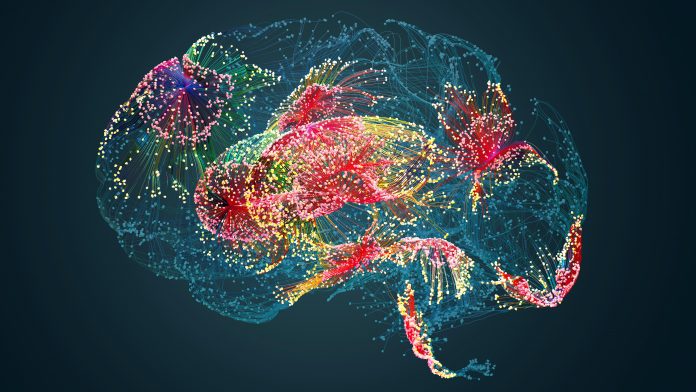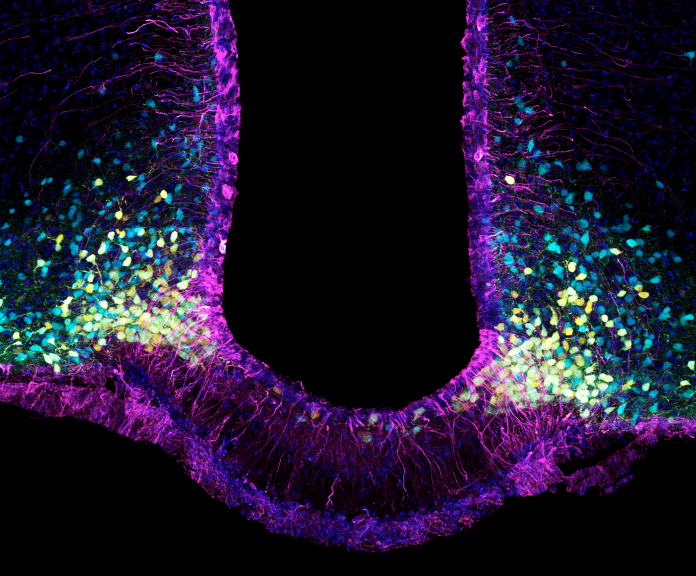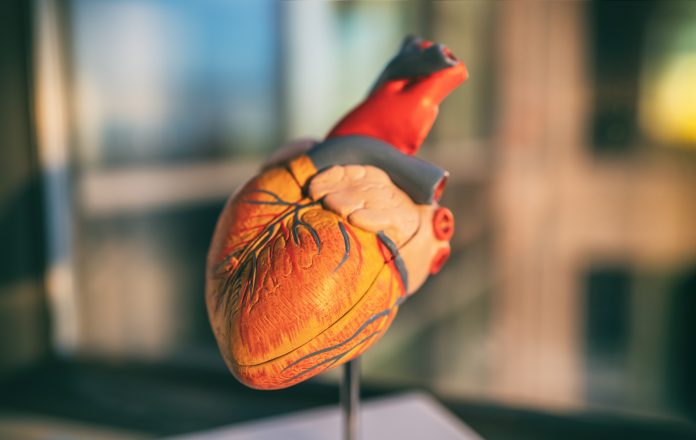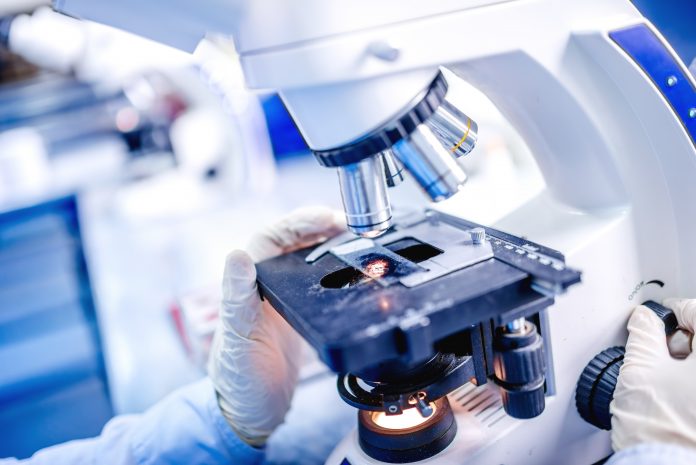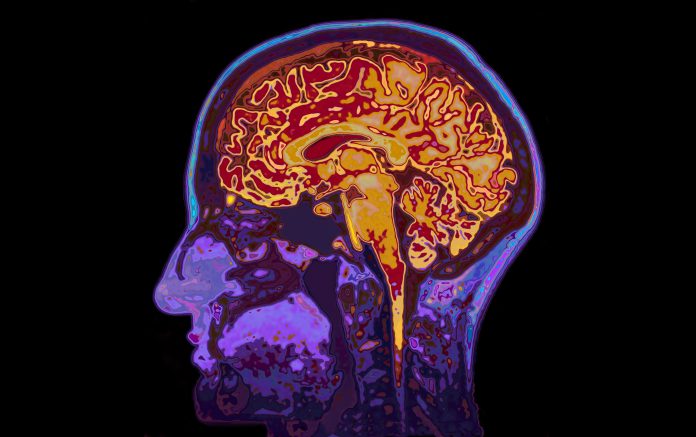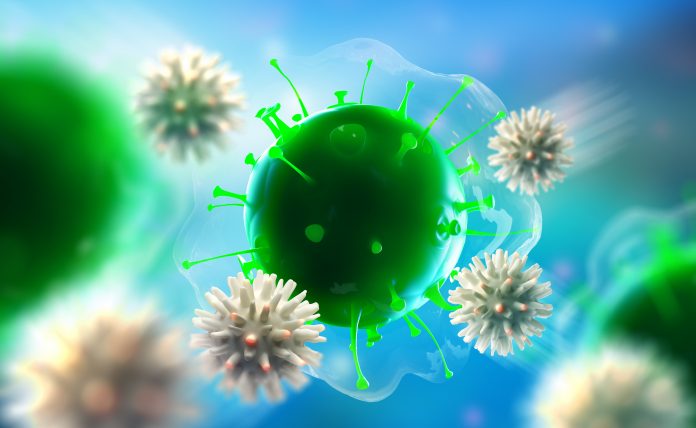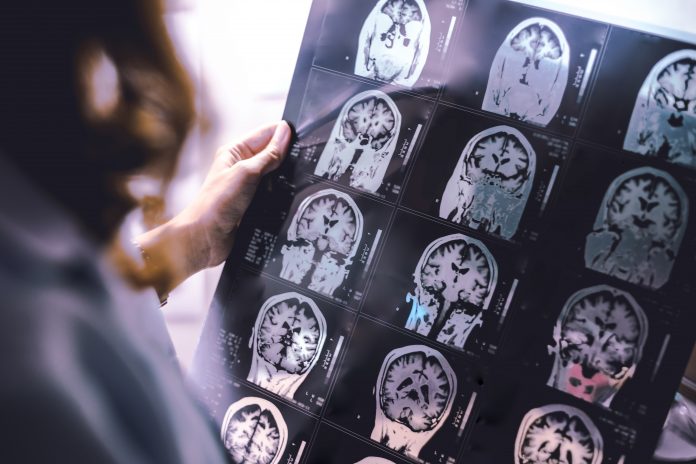Home Search
neurodegenerative diseases - search results
If you're not happy with the results, please do another search
Genetic link between microglia and Alzheimer’s disease inflammation
Investigators from Brigham and Women's Hospital, have unveiled a pivotal connection between genetic changes in microglia, immune-regulating brain cells, and the inflammatory response associated with Alzheimer's disease (AD).
Wireless, handheld, Alzheimer’s detection device
A group of researchers around the globe have created a portable, non-invasive device capable of identifying biomarkers associated with Alzheimer's and Parkinson's disease.
Herantis Pharma: Disease-modifying therapies for Parkinson’s disease
Herantis Pharma is an innovative biotech company developing disease-modifying therapies for Parkinson’s disease.
Markus Mandler – Tridem Bioscience
Dr. Mandler, molecular biologist by training, is founder and CEO of Tridem Bioscience, bringing with him over 15 years of collaborative research and management experience in academia and industry
Dr. Mandler is the former CSO of Accanis Biotech. Prior to that he served as head of the Neurodegeneration Department at...
Lecanemab and other treatments: Glimmers of hope for alzheimer’s patients
Effective treatments for amyloid-associated neurological diseases are desperately needed; H. Robert Guy, CEO of Amyloid Research Consultants, talks us through the obstacles and opportunities associated with structure-based drug design.
Artificially grown mini-brains offer new opportunities for neuroscience
Researchers have developed animal-free artificially grown mini-brains (human brain organoids) that could revolutionise neuroscience research.
How brain research is making the benefits of regular exercise accessible to all
Robert Wessells from Wayne State University looks to the brain to understand how the benefits of regular exercise can be delivered to those who are unable to move as easily.
Progress in development of disease-modifying treatments in Parkinson’s Disease
Henri Huttunen, Chief Scientific Officer, Herantis Pharma Plc, charts progress in the development of disease-modifying treatments for Parkinson’s disease.
Henri Huttunen – Herantis Pharma Plc
Dr. Huttunen has a Ph.D. degree in biochemistry and has previously held research positions at the University of Helsinki, Massachusetts General Hospital, Harvard Medical School and Orion Pharma.
He is one of co-founders of Herantis Pharma Plc, listed in the NASDAQ Helsinki Stock Exchange First North marketplace, and has served...
Bradlee Heckmann – Asha Therapeutics
Dr. Heckmann is a principal investigator at the USF Health Neuroscience Institute and Byrd Alzheimer’s Center with academic faculty appointments at the University of South Florida Morsani College of Medicine and the University of South Florida College of Engineering
In addition to his academic appointments, Dr. Heckmann is the co-founder...
The WATCH project: Tanycytes in health and disease
The WATCH project aims to elucidate how tanycytes mediate physiological processes by acting as gatekeepers between the brain and body, how their dysfunction is involved in various disorders and age-related impairments, and what can be done to prevent or correct these.
The haplogroup gap: The ticking time bomb of cardiometabolic disease in developing nations
Cardiometabolic disease (CMD) refers to a cluster of inter-related factors, including obesity, high blood pressure, high blood sugar, and elevated cholesterol (1).
European brain research: Addressing translational gaps
Sabine Hölter, Coordinator of the European Brain Research Area cluster PREMOS, calls attention to the translational value of animal models in brain research.
Consuming cranberries could improve memory and prevent dementia
Including cranberries in your diet has a whole host of benefits - it can improve memory and brain function, lower ‘bad’ cholesterol and prevent dementia.
Unlocking life-changing dementia treatments
Is better diagnosis the key to unlocking life-changing dementia treatments? Dr Susan Mitchell, Head of Policy at Alzheimer’s Research UK provides the answer.
The Immune system in Human Biology
Experts from Oxford Immune Algorithmics highlight how the Immune system has come under the spotlight in Human Biology, particularly as a consequence of the COVID-19 pandemic.
Improving the lives of people with brain disorders
European Brain Council outlines the priorities for the future when it comes to improving the lives of people with brain disorders.
European innovation potential knows no bounds
Mariya Gabriel, European Commissioner for Innovation, Research, Culture, Education and Youth, calls attention to building a pan-European innovation potential ecosystem in health served with top-notch infrastructures.
Prof Monica Di Luca – European Brain Council
Monica Di Luca, Past President, EBC Coordinator and EBRA-project, is Professor of Pharmacology, Director of NeuroNest (Center of Neuroscience) and Head of Laboratory of Pharmacology of Neurodegeneration – DiSFeB at the University of Milano.
Understanding the brain: hope for neuroscience research
Advancing neuroscience research improves quality of life for all people with neurological disorders, and ultimately can prevent or cure these diseases. Open Access Government highlight some research priorities in neuroscience.


